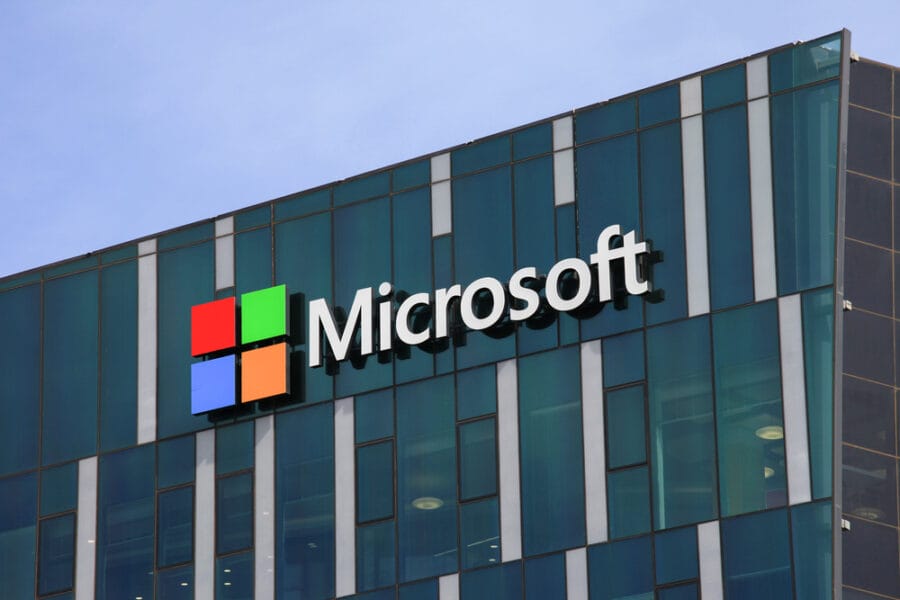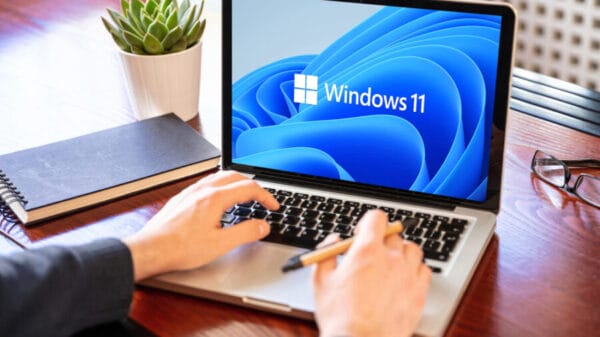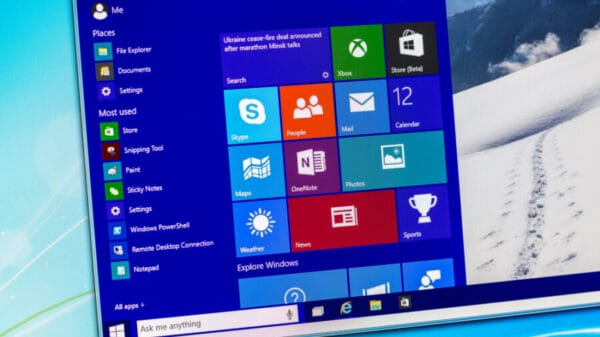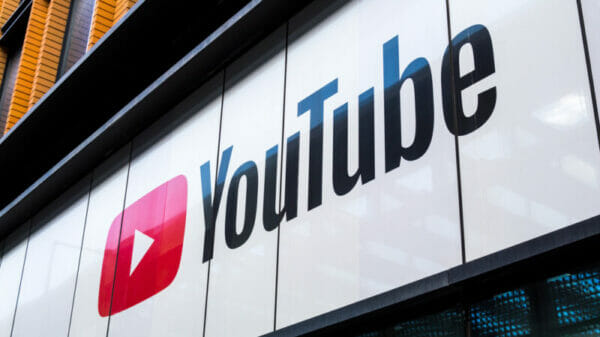Microsoft is rolling out modifications to Windows in the European Economic Area to align with the EU’s Digital Markets Act (DMA).
The rollout began on March 6, 2024. By April 2024, most Windows 10 and 11 users in the EU and EEA should have received these updates.
For users eager to access the changes early, Microsoft recommends enabling the “Get Windows updates as soon as they’re available for your device” option in Windows Update. However, testing on devices in the EU has shown that the updates are not yet widely available, indicating restrictions imposed by Microsoft.
The Digital Markets Act and its Impact on Windows
The Digital Markets Act is a law designed to prevent major internet companies from unfairly exploiting their market dominance.
In 2023, the European Commission identified six major companies, including Microsoft, who act as gatekeepers for 22 key platform services.
Microsoft’s Windows operating system falls under these platforms. To comply with the DMA, Microsoft had to make changes to Windows that give users more control. One significant change allows users to uninstall Microsoft Edge and Bing from Windows.
In a recent blog post, Chris Nelson, Microsoft’s Head of DMA Compliance, explained these adjustments. Nelson divided the changes into design and data handling modifications.
In terms of design changes, users in the EEA can now uninstall Microsoft Edge and Bing search from their Windows devices. Removing these components is similar to uninstalling other applications by going to Settings > Apps.
Note: It is recommended to install an alternative browser before removing Microsoft Edge to avoid any issues. The potential consequences are detailed here.
Apart from removing Edge and Bing, Microsoft is allowing third-party web applications and news feeds on Windows taskbar and widgets panel. This change enables other news providers like Google and Yahoo to create plugins for Windows widgets panel.
Another change involves the sign-in process to Windows with a Microsoft account, where automatic sign-ins to other Microsoft products for EEA users will be disabled.
Nelson outlined two data handling changes. Microsoft assured that data collected from third-party apps on Windows PCs in the EEA will not be used competitively against app providers. The second change involves revised data flows to notify users when Microsoft combines data from Windows with data from other Microsoft products and services.
Image Source: StockStudio Aerials / Shutterstock













